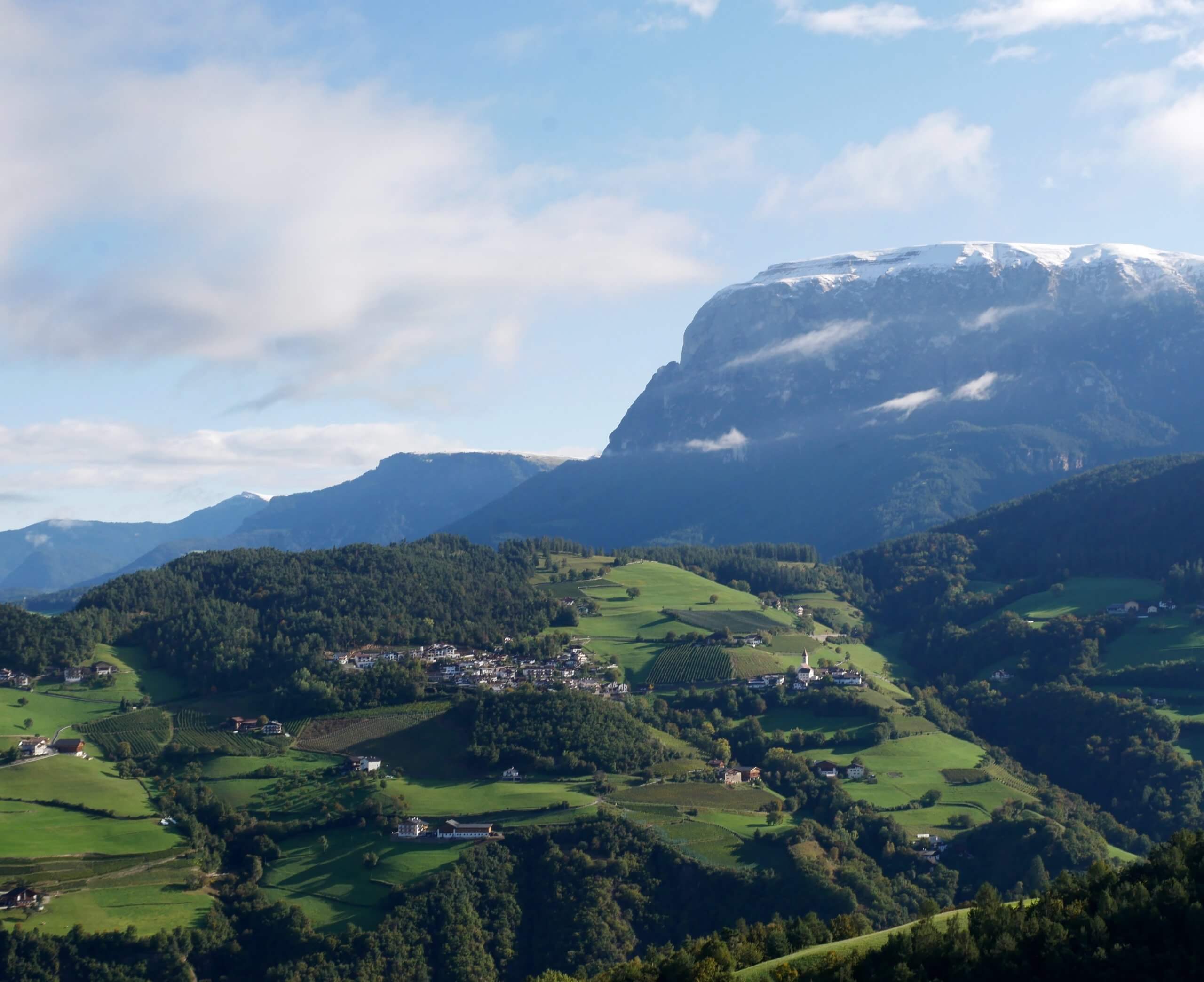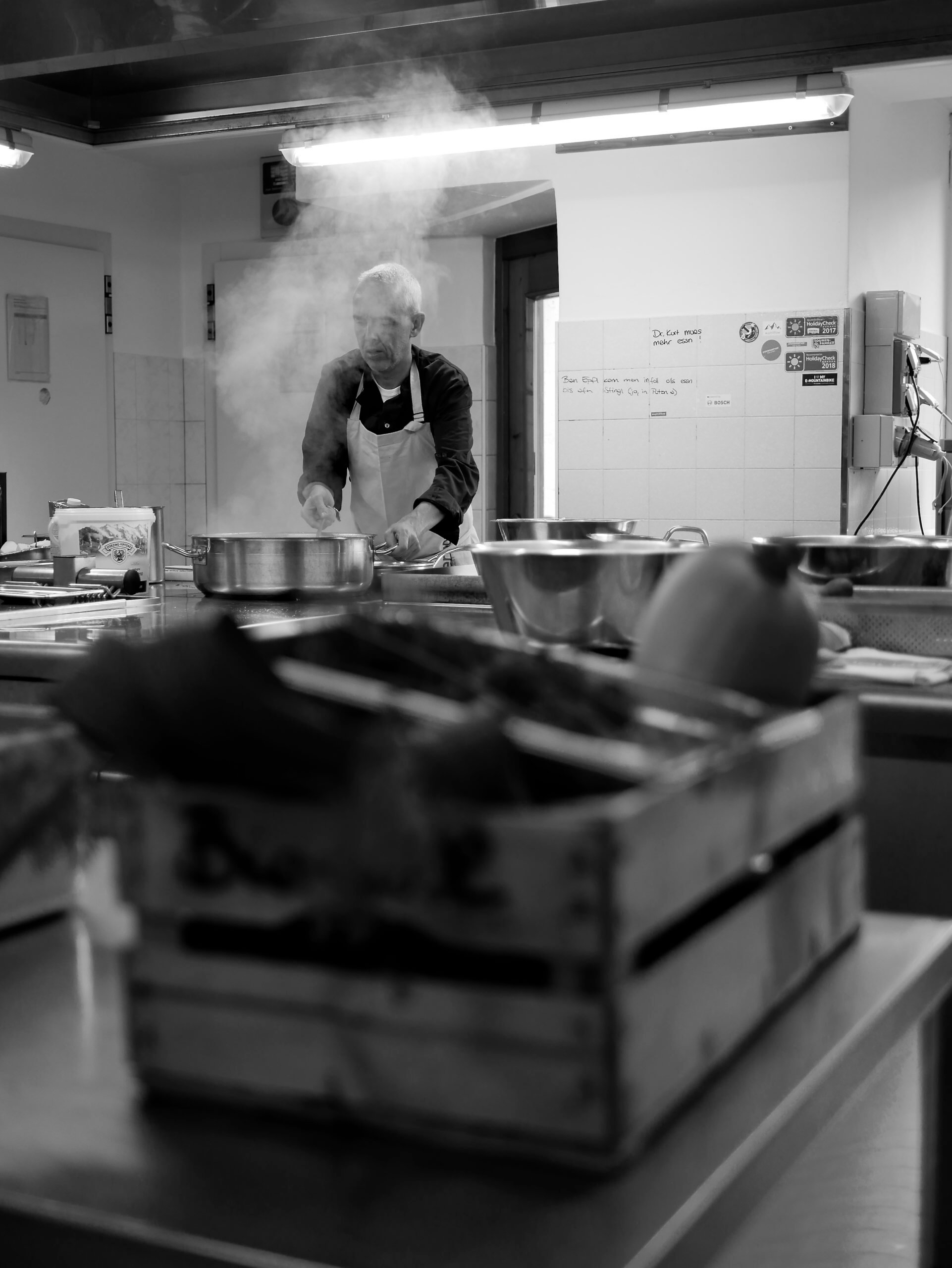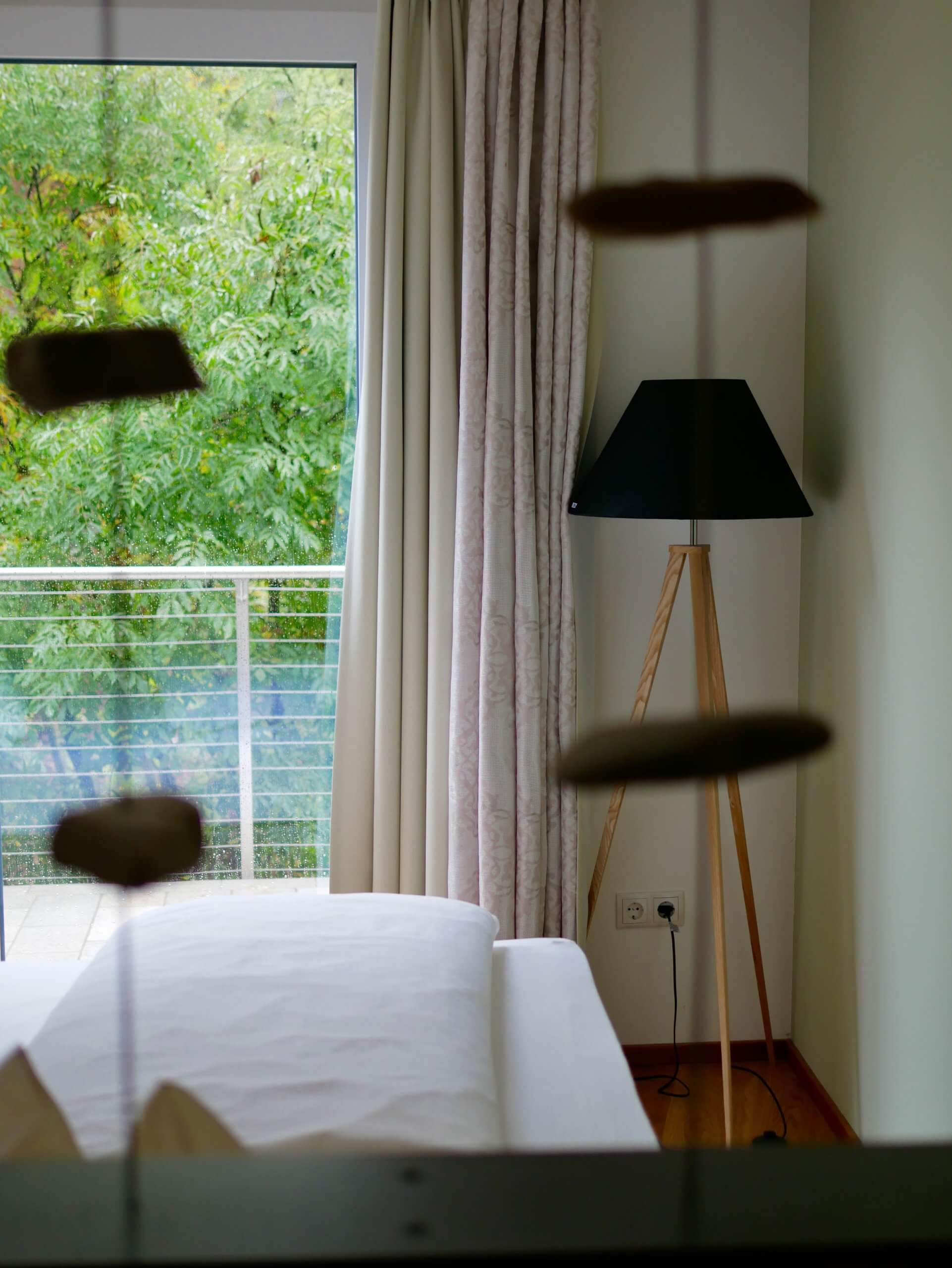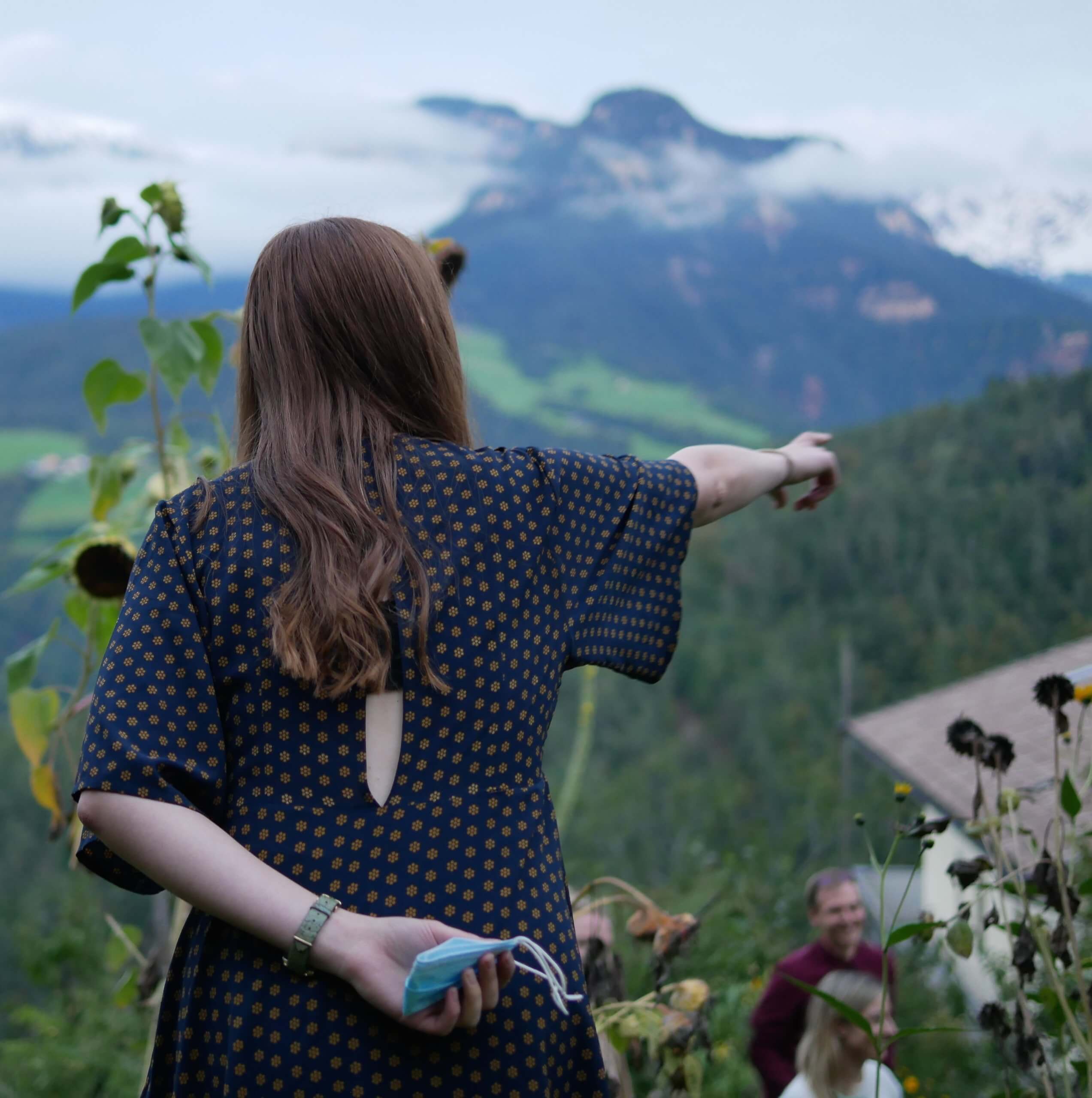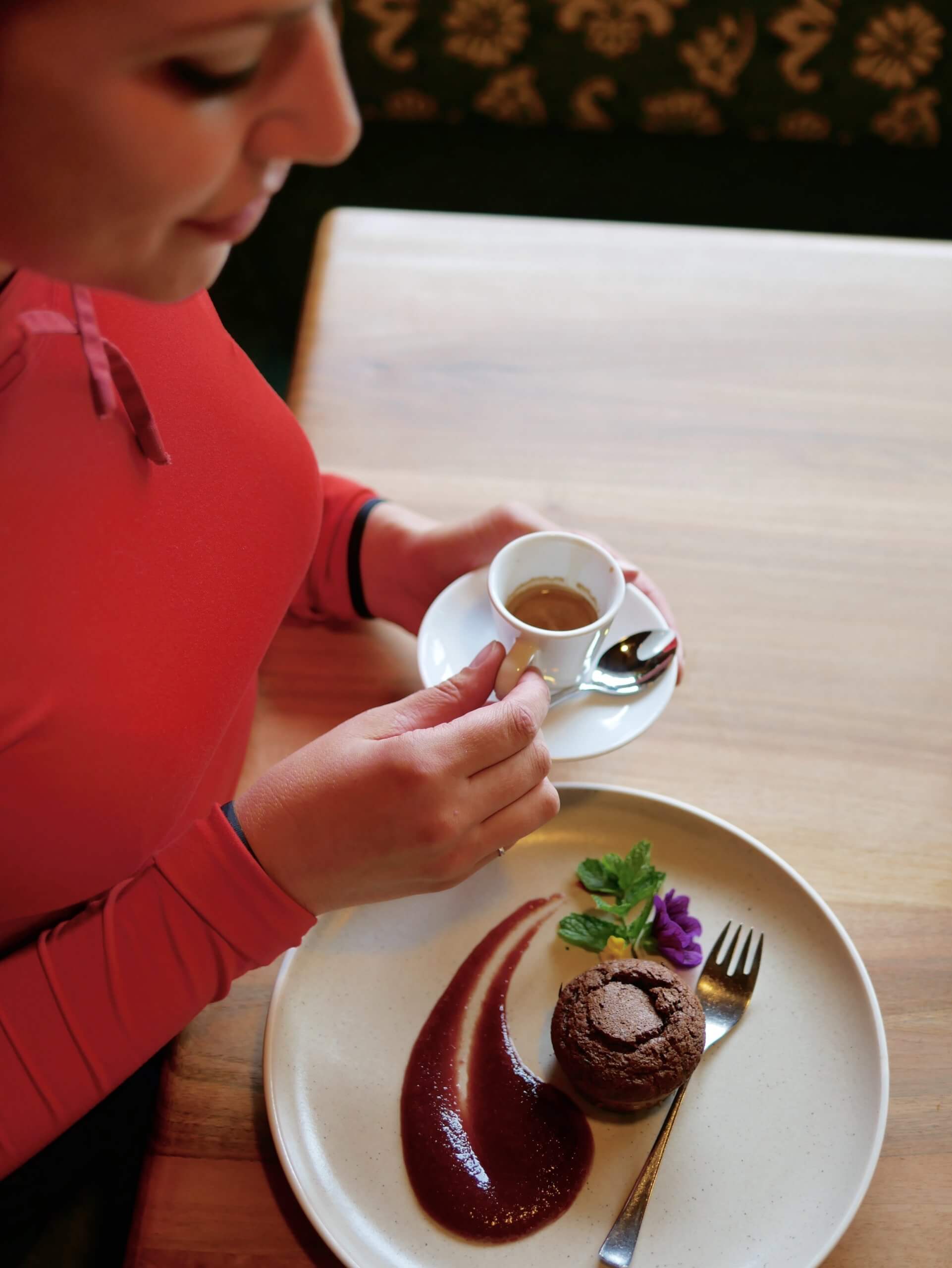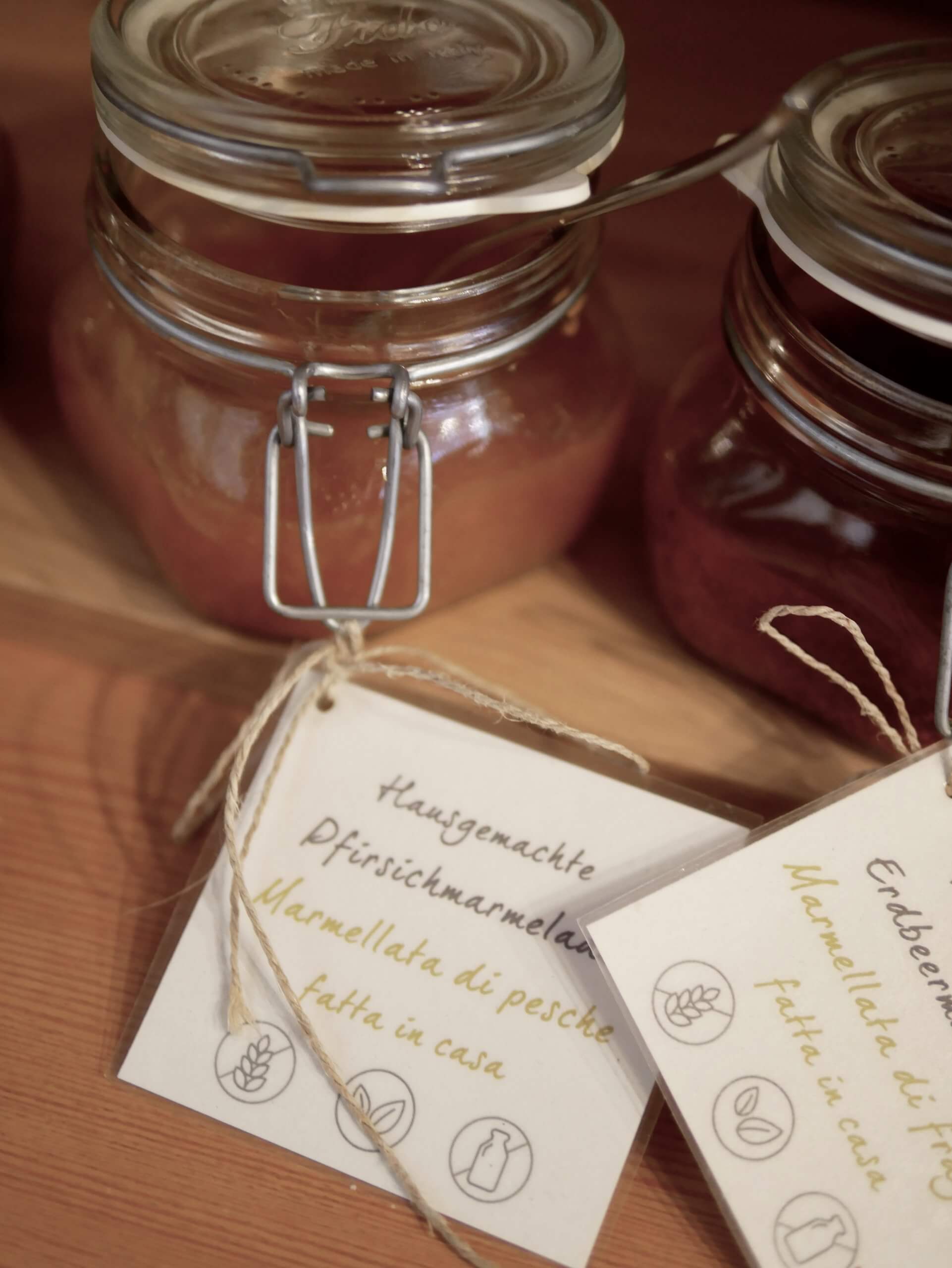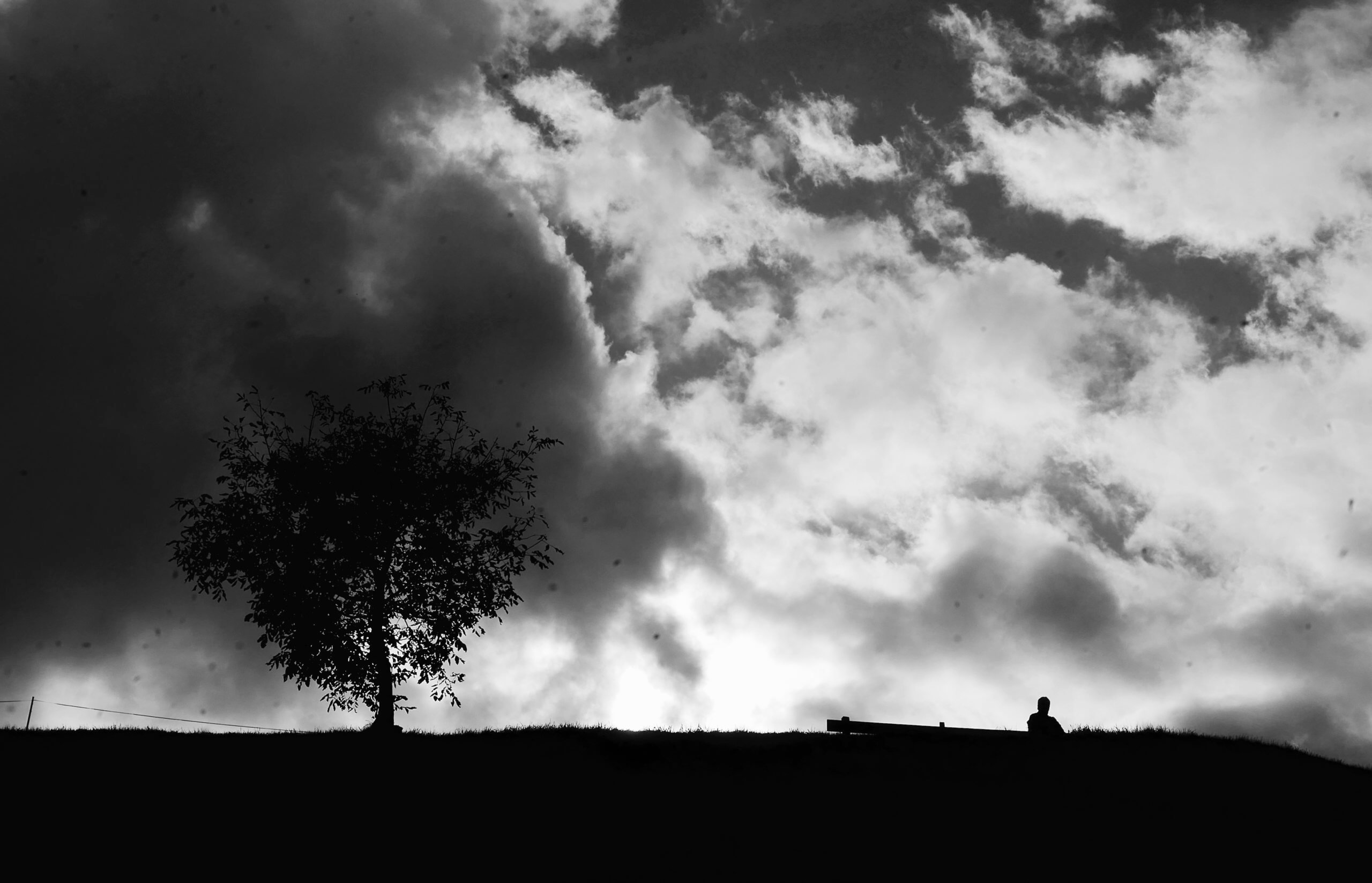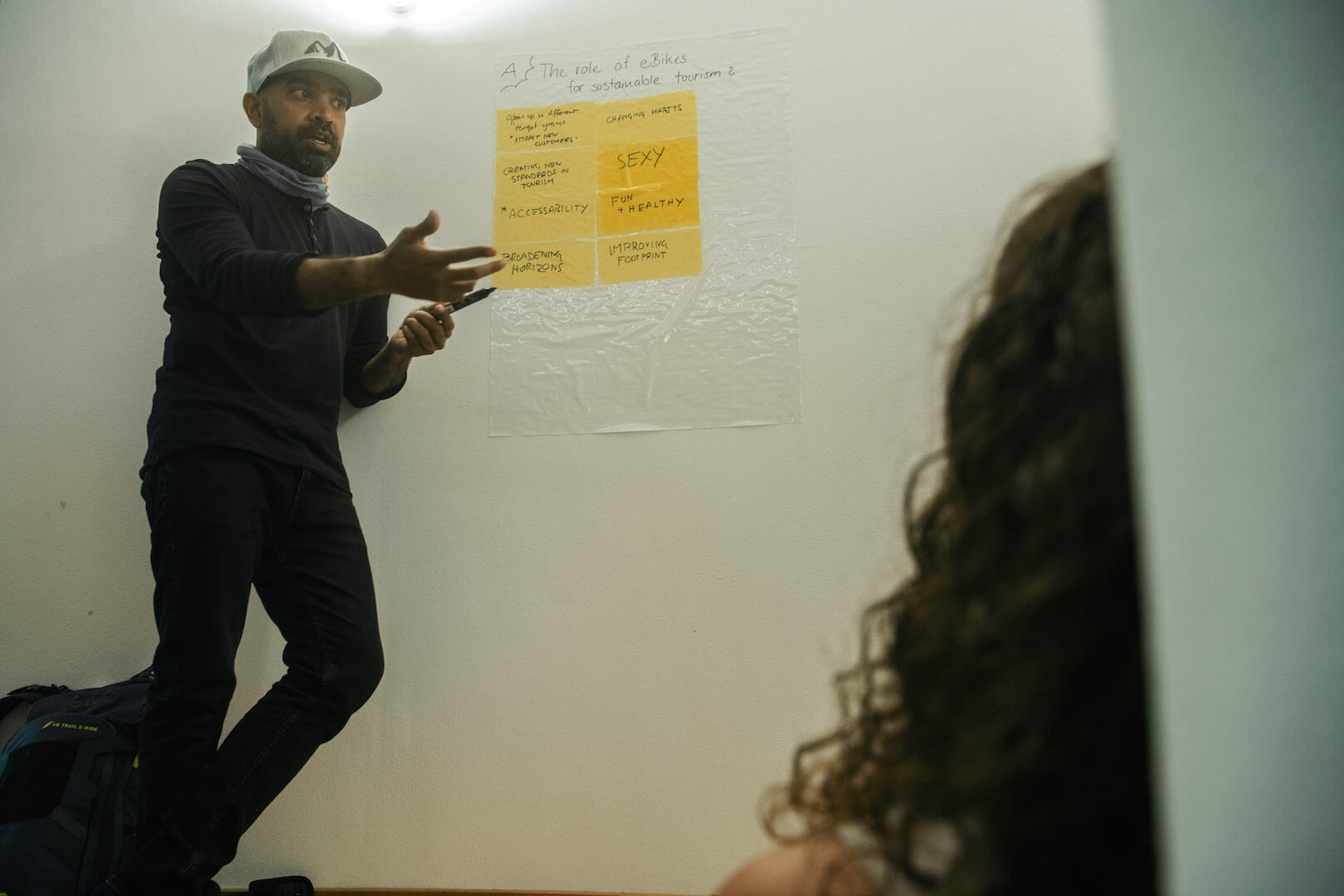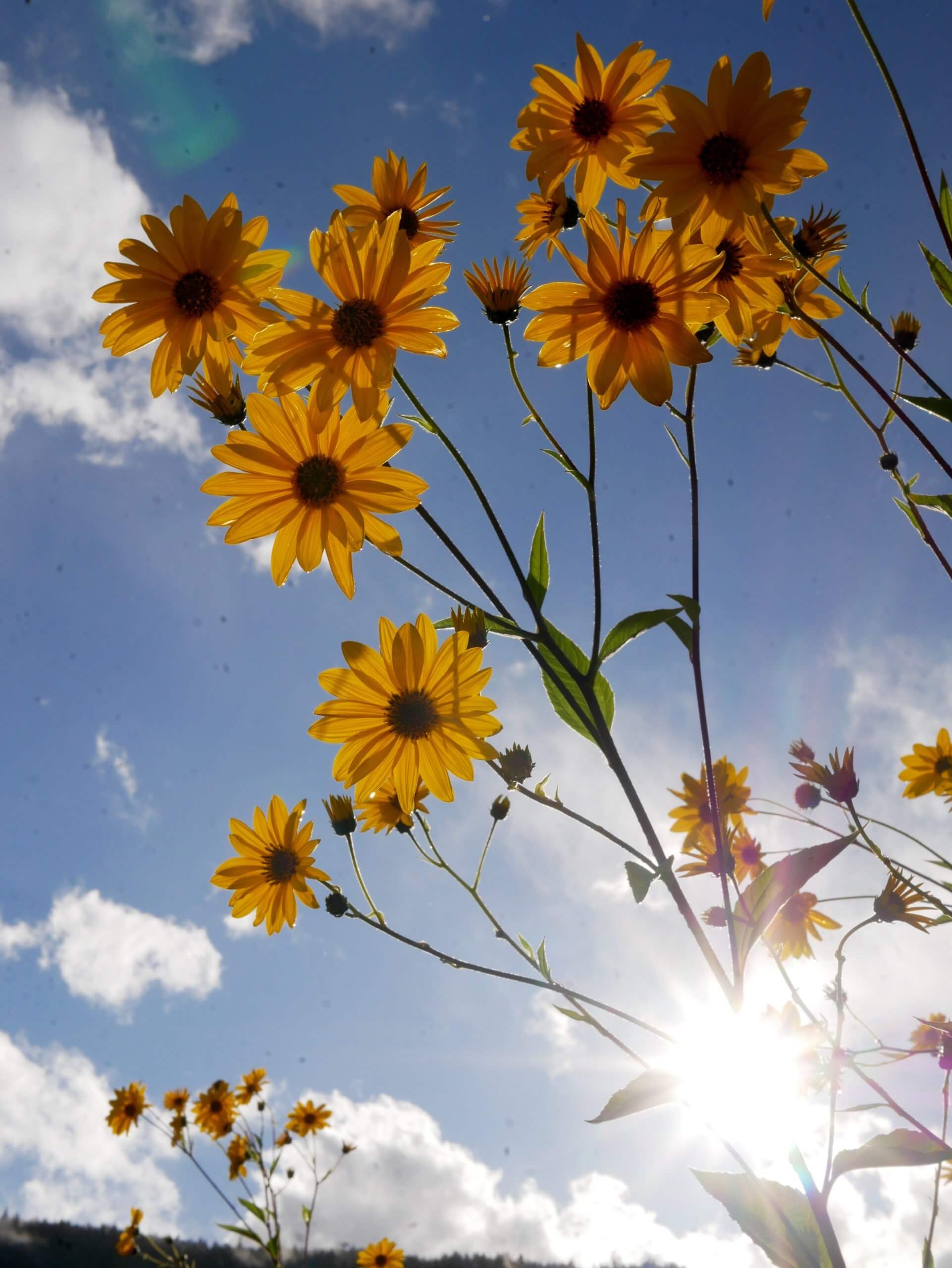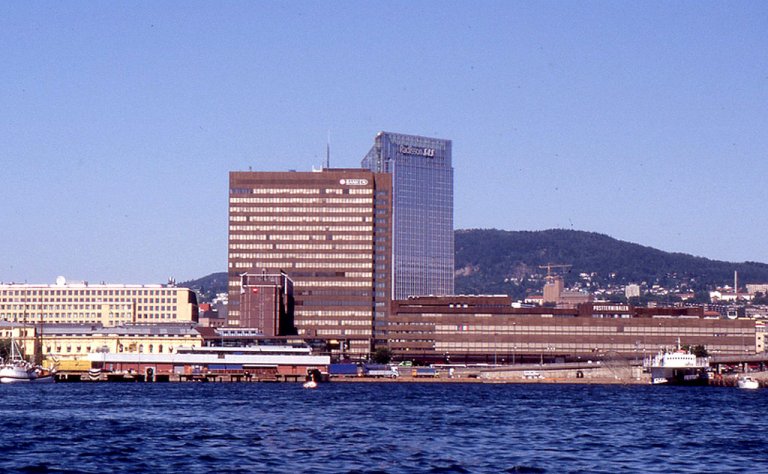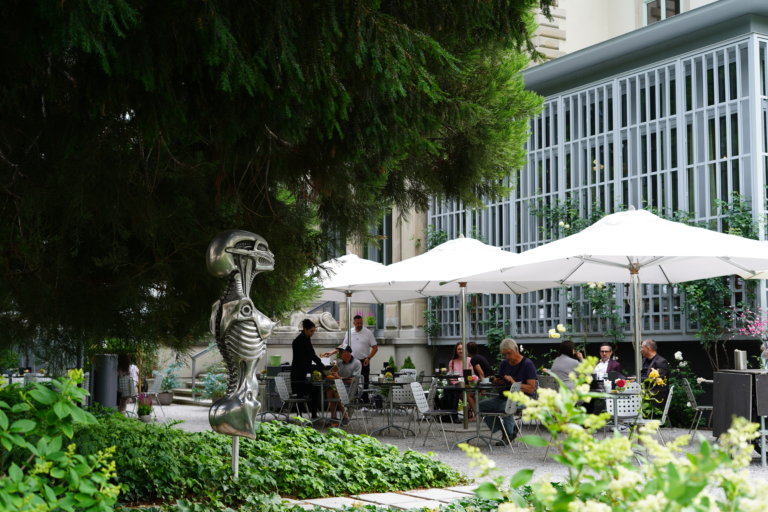Can a budget traveller be sustainable?
Part 1: I want to ride my bicycle
Like ants crawling upon each other, reaching for the infinite sky, the century-old vineyards outside of Bolzano seem to be crawling over each other in their haste to reach the sunlight. Our bus from the train station loops countless circles through the lofty mountains, spinning us slowly into a mysterious planetary orbit. The higher we ascend, the more majestic the view and the more emotional I get. Even the smallest, most beautiful things move me to tears in these emotional Covid times.
As with the beginning of every new travel adventure, I feel my brain clouded by the heady combination of excitement and nervous intrepidation of the road ahead – but this was going to be a slightly different adventure from the norm. I was on my way to the lofty mountain village of Collepietra not far from Bolzano and the Dolomites, where I was to be part of a sustainability camp with Bosch eBike Systems. The camp would explore about how we can make a positive contribution to sustainable tourism with e-bikes at the heart of it. The invitation stated that we would be shown the ropes by two of Europe’s leading e-biking athletes, Greta Weithaler and Jérôme Clementz.
View this post on Instagram
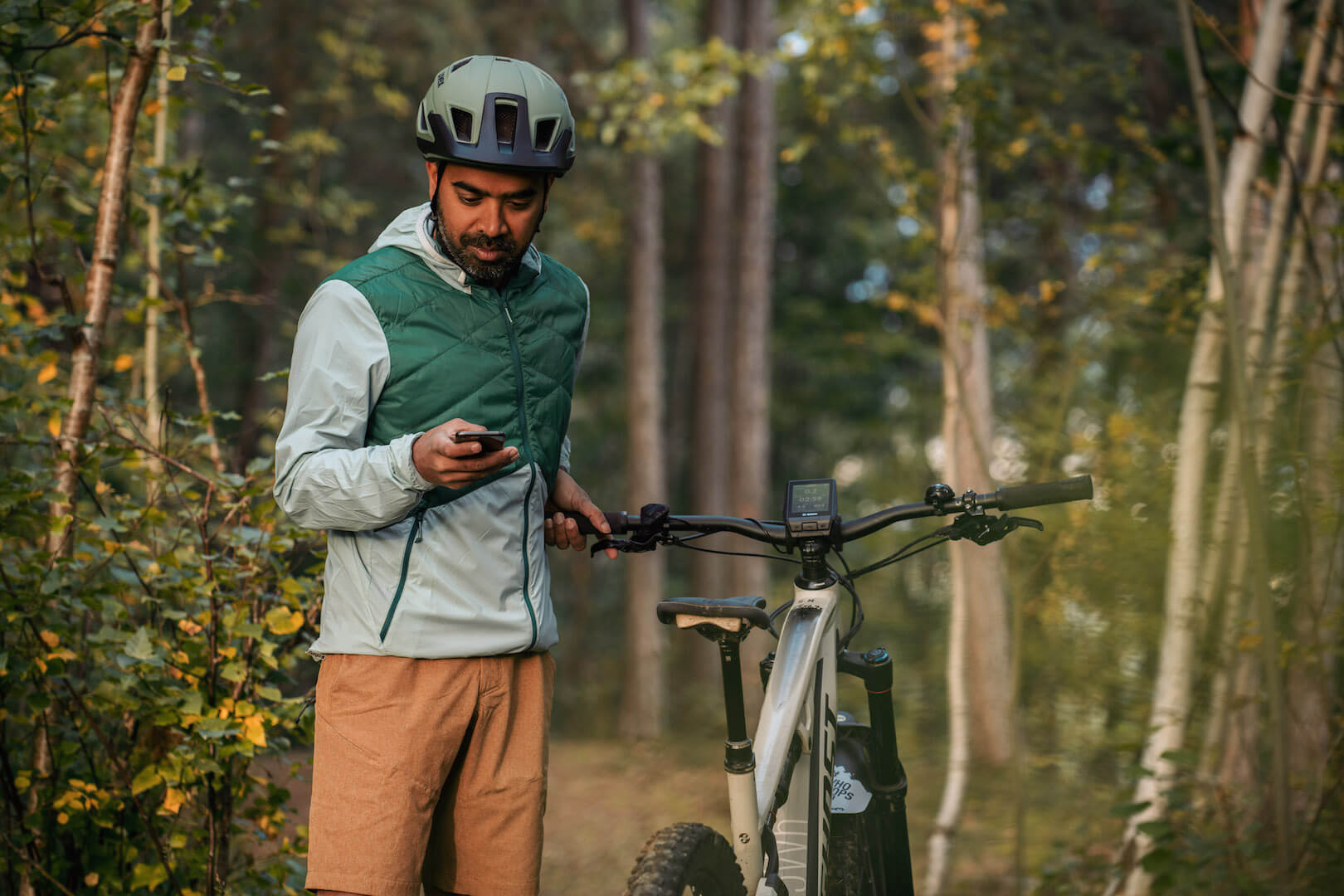
My first reaction to the invitation was…mixed.
First of all, I didn’t consider myself good enough at biking. It was only 2 years ago I was learning to ride a bike in the garage of my ex-girlfriend’s house. I had tried and failed a few times, a few bones (and my precious ego) badly bruised along the way. The older you grow, the more fear seems to eat your soul. I am grateful that my ex did push me into trying to learn again. Once I got over my fear, I was cruising. My only issue was my nerves with riding on public roads. I also didn’t ride that much to be honest. Last time I was on a bike was 18 months ago on the island of Föhr which is blissfully car free. I’d bike all day if I lived on an island like Föhr.
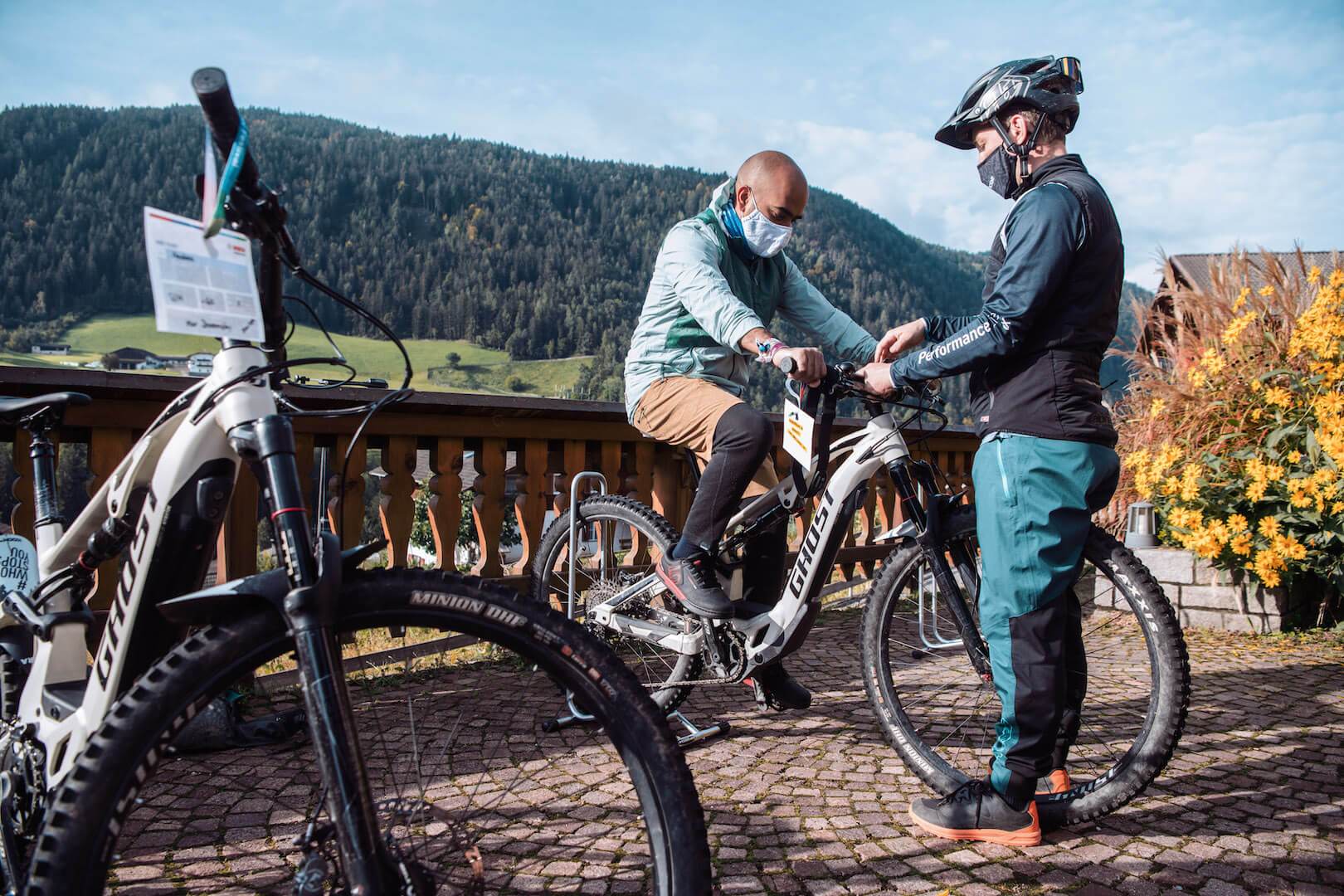
Part 2: I try to ride my bicycle
I’m a bundle of nerves. I can feel my heart rate rising as everyone slowly starts jumping on their bikes and slowly getting a feel of my e-bike. I have no clue where I am going but luckily my bike knows- it is armed with a clever piece of tech developed by Bosch called the Nyon– an all-in-one on-board computer which also includes an on-board navigation system. The user can for example download routes, track my progress and see my average speed, and most importantly, it offers 5 different riding modes. It can also download routes, track my progress and see my average speed.
As we wind our way from the hotel downhill to the village of Collepietra, I still feel my legs are jelly. Jérôme Clementz, the champion biker kindly decided to take me under his wing and looks me in the eye-‘I will lead you and ride with you so please, don’t worry. I’m with you,’ he reassures me in his warm French accent. It is not everyday you get to ride with a world champion, so I said screw it and started pedalling and slowly riding downhill with him. After safely navigating the traffic lights and passing a big truck, we turn onto the main loop towards the village and started gliding down at a nice speed, comfortably in the ‘eco’ mode of the bike. Riding downhill feels great. My nerves return when I see a big track pulling up beside me but I move to the side and let it pass. Relax, I start moving forward again, swimming in the great expanse of the beautiful South Tirolean landscape around me. It feels like a balm on my eye and soul. The wind is in my wings, I’m riding a wave of happiness. This feels good but I’m keen to practise more, overcome my nerves.
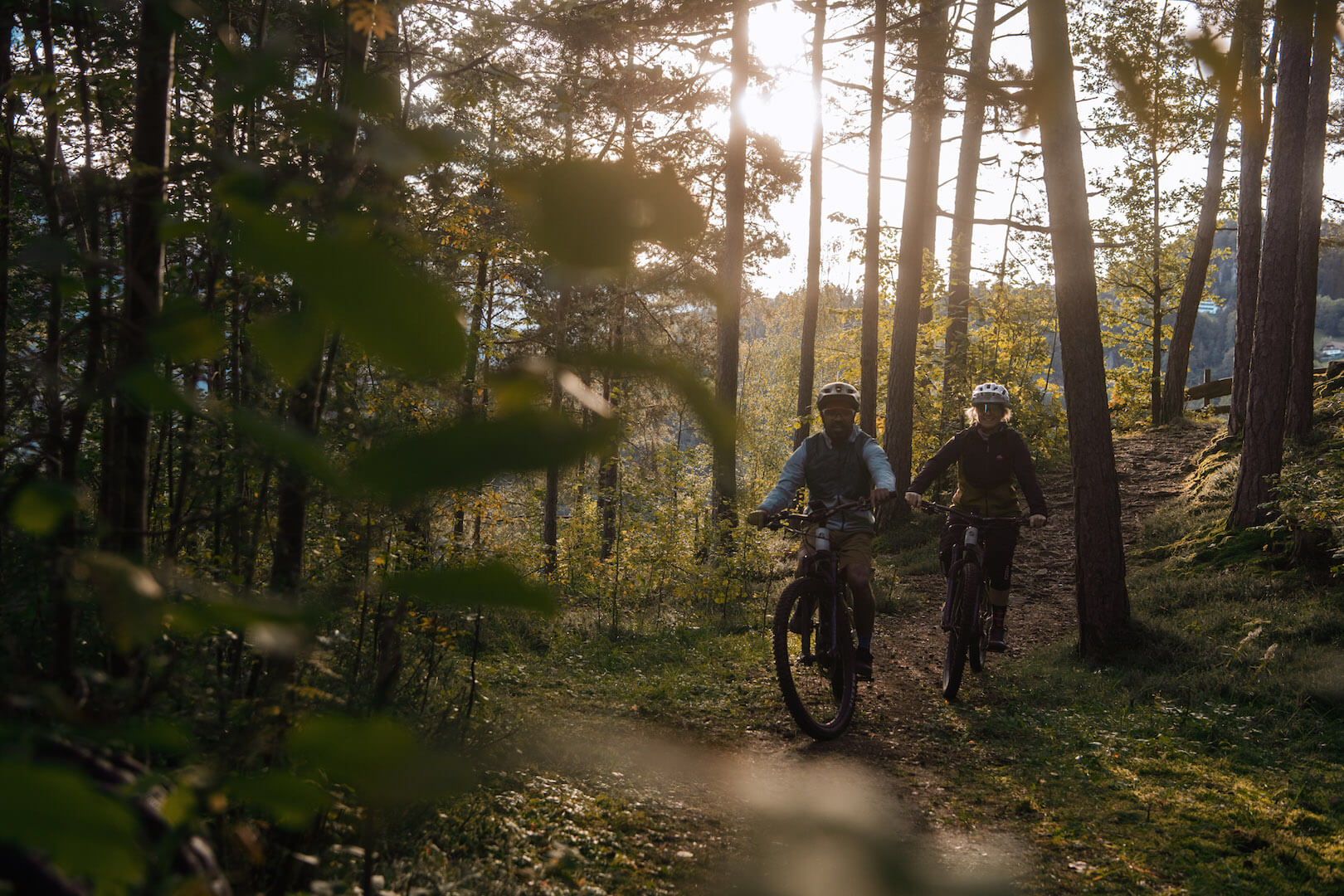
Following day, I go for a practise run in the mountains with Sabrina. We’re riding this time through a dreamy piece of farmland, sitting at the foot of a steep hill that snakes into the sky, framed by long coniferous trees. There are no cars around. I hop on the bike and try to go uphill. I start pedalling and as we start making the steep ascent, I shift my gears with a quick flick. As the going gets tough on the steep slope, Sabrina hollers at me to try the turbo mode. The moment I switch, I zip up the hill as if I had picked up some magic golden tokens to boost my speed. Once you feel that thrill of speed, you don’t want to stop. I kept pedalling up and up the hill and then we passed another farmhouse and some very angry dogs started barking at me from behind the gates. The adrenaline kicks in and I start pedalling more furiously. A couple of sharp twists and turns and soon we’re zipping into the forest. We stop finally and my eyes are shining. The bike feels in harmony with my mind and begins to feel like an extension of my body.
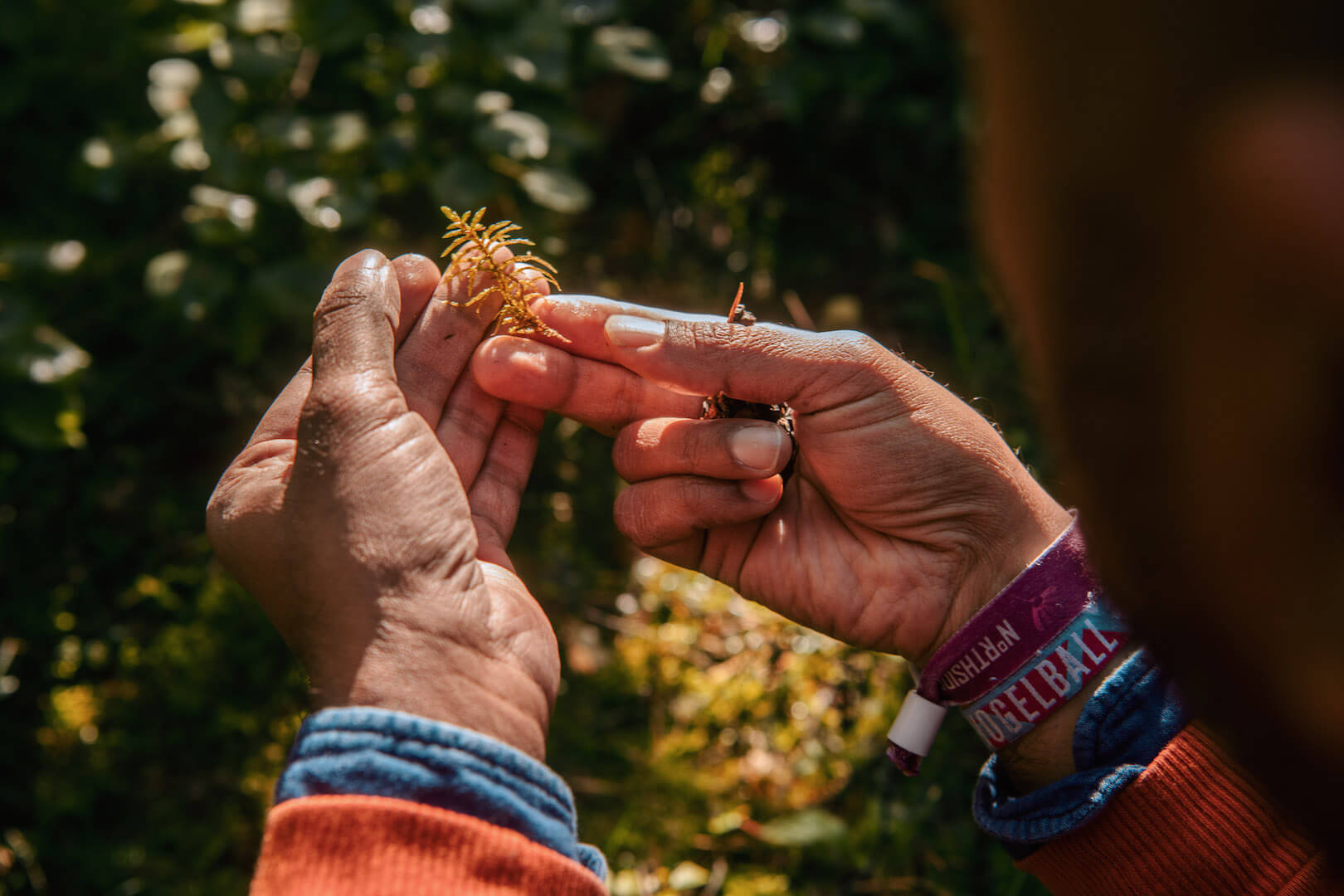
The older we grow the more fear eats our soul. You get set in your ways. Trying something new can be a huge challenge. I can see parallels with the journey into sustainability. The older we get, the more difficult it can be to change our ways. Once you get hooked onto cheap flights, swapping it for longer and often more expensive train journeys for example can be really tough. Same way, buying an €2000 e-bike might seem something not within the reach of most people, especially for someone who enjoys being frugal. Which brings me onto the next question- can a budget traveller be truly sustainable?
To help answer this question, I probably need to take a few steps back. Bear with me.
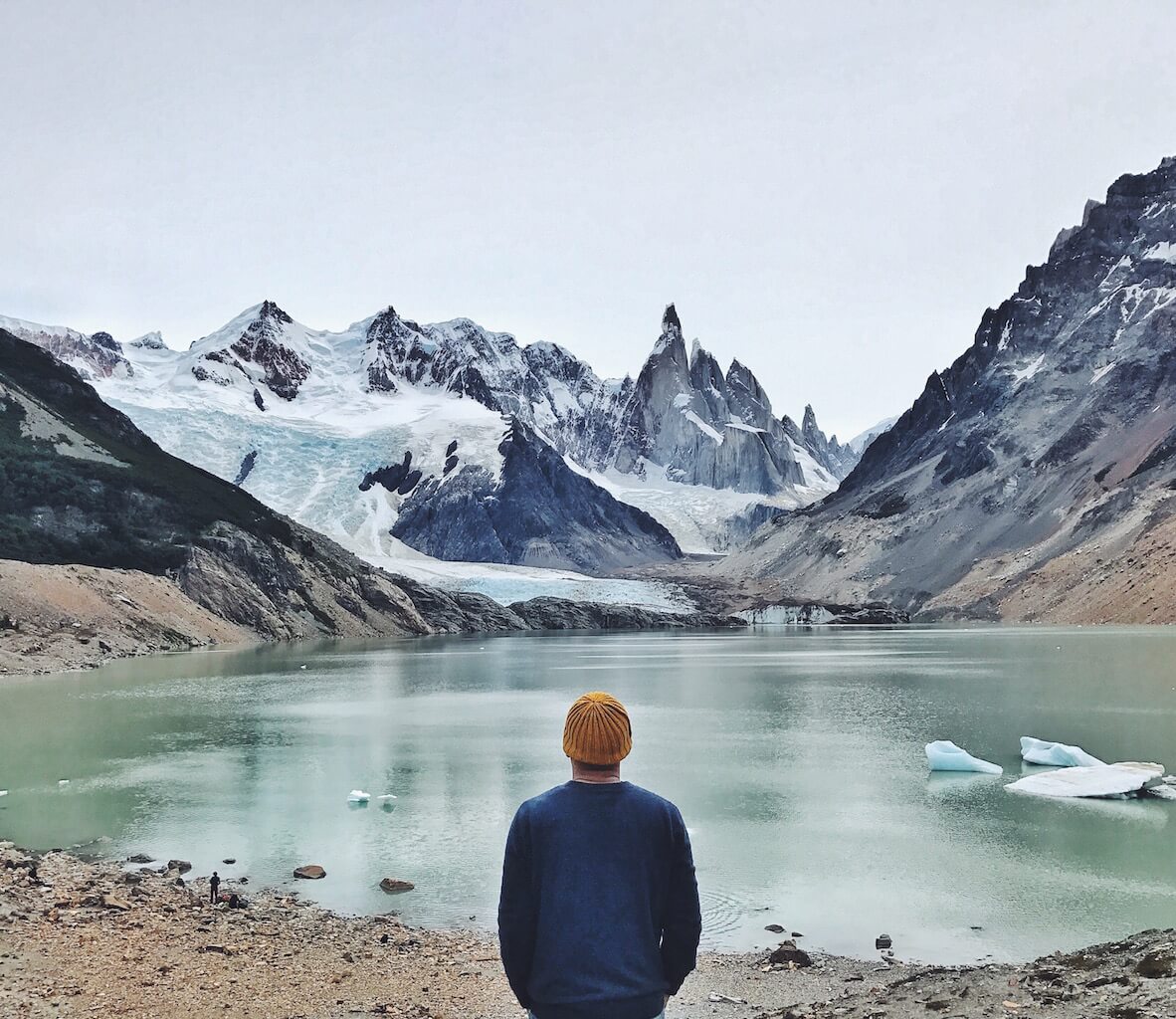
Part 3: Budget Travel = Sustainable?
I’d like to explain to you a little about my philosophy of why I love and write about budget travel. For me, my blog has never been about finding the cheapest hostels or hotel to sleep in. When I was 25 and broke when I started my blog, yes, the blog was initially about scoring deals on the cheapest hotel or hostel in town. However, with age, I found my travel style to evolve into more about curating travel experiences that were still budget friendly but also offered soul, purpose and a sense of community. Budget Travel for me at the age of 40 has now evolved into what I call travelling smart, saving money on say flights or spending a few euros more at good quality hostels so that you can spend money on the stuff that is important to you – this could be going for a really nice 3 course meal at a local restaurant with a nice bottle of local wine or it could be simply buying Christmas gifts for your family from local craftsmen and making a real difference with your purchasing power. My travel philosophy extends to my everyday living. We rarely go shopping. We actually have a lot of clothes we want to give away. Sabrina has a clothes swap planned with a friend soon. We cook at home and mainly Indian vegetarian food. We don’t miss meat. This means we have always had money to invest in things that are important to us …like buying a new lens for Sabrina’s camera. The most expensive thing I ever bought in my life (other than my Macbook Pro Laptop) is my Leica 25mm f1.4 lens for my Panasonic Lumix Camera. At the time it was £500 and my hands were shaking when I handed over my credit card. That lens has lasted me 9 years now and still takes beautiful photographs.
So, in many ways, a life of travelling on a budget and being a minimalist has naturally taught me to think sustainably.
Part 4: Kurt’s journey to sustainability
‘It’s a journey. We are not perfect. What we’ve achieved here is through small steps.’
Kurt Resch, Hotel Steineggerhof
To help me gain a better understanding of what sustainability entails and implies, as part of our sustainability workshop, we had the pleasure of listening to a fascinating talk from Kurt Resch, owner and our host in Collepietra. Alongside his daughter, Lisa, Kurt explained how via their Bio- und Bikehotel Steineggerhof, they had undertaken their journey into sustainability. I like how he emphasised the word ‘journey’ a few times when talking about sustainability and that’s when a few lightbulbs started to flash in my brain.
The hotel runs climate-neutrally and supports projects for reforestation and clean drinking water as CO2 compensation. Vegetables and herbs come from their beautiful garden onsite. The cooking here features mainly vegetarian and vegan dishes. This is again something that didn’t happen overnight. Kurt and Lisa’s interest in vegetarian/vegan cuisine started 5 years ago when Lisa’s brother became vegetarian and then vegan. The whole family soon decided to become vegetarian. The menu of the hotel started to change to reflect their passion for vegetarian, vegan cooking. I asked Kurt in an area of Italy that is especially famous for its passion for meat, wasn’t this change a challenge for him and his customers?
‘It was a huge challenge but I think in this day and age, it is important to stand up for our ideals and what we believe in. We’ve had repeat customers for many years. The majority have enjoyed our journey into sustainability and understood their passion for vegetarian/vegan living. Some have disagreed strongly but they have been a minority. In the end, being one of the few hotels in South Tyrol to cater exclusively to vegan and vegetarian people has been of huge advantage to us.’
The improvements over the years have been gradual. Covid-19 was a turbo accelerator for further change. They were the first hotel in the region to be CO2 positive. All the food on the menu is mostly sourced from the hotel garden. Kurt though is keen not to be seen as sitting on his laurels. He’s always keen to try new things and implement new ideas in his hotel to improve their product.
One of the signature items on the breakfast menu is their delicious chocolate spread, made with no dairy obviously. While the chocolate spread is very popular with customers, Kurt is still reworking his 2 year old recipe. It’s this desire and drive to keep working, improving that makes Kurt and his hotel’s journey into sustainability unique.
Does “going sustainable” in general have to be expensive?
It should come as no surprise, Kurt’s journey into sustainability has also massively helped him cut costs. By making smart choices like growing and sourcing everything from his garden, by reducing food waste, by using energy efficient lightbulbs, Kurt’s not only reduced his environmental impact, he’s also keeping costs down which I imagine has helped him keep his hotel going through the current Covid crisis. The more I listened to him, I consciously started realising that his journey to sustainability was not just because of his dietary needs, it made perfect sense given the fragile environment he lived in and also economically has helped him improve his business.
‘People are scared of labels’
Kurt Resch, Steineggerhof
Which brings me onto my biggest beef with the label sustainability.
It always seemed like a cliche, a label that didn’t feel very inclusive. In my head it was a label synonymous with luxury ecolodges, opportunistic green washing that always comes with an expensive price tag. I’ve never been a fan of labels. My boxing ourself into some moralistic definition, we seem to scare rather inspire people. In the end, it’s not rocket science. Sustainability is just using common sense. Do great stuff, help your local community and save money so that you can spend money on even more good stuff- how can we define that better? Answers on a postcard.
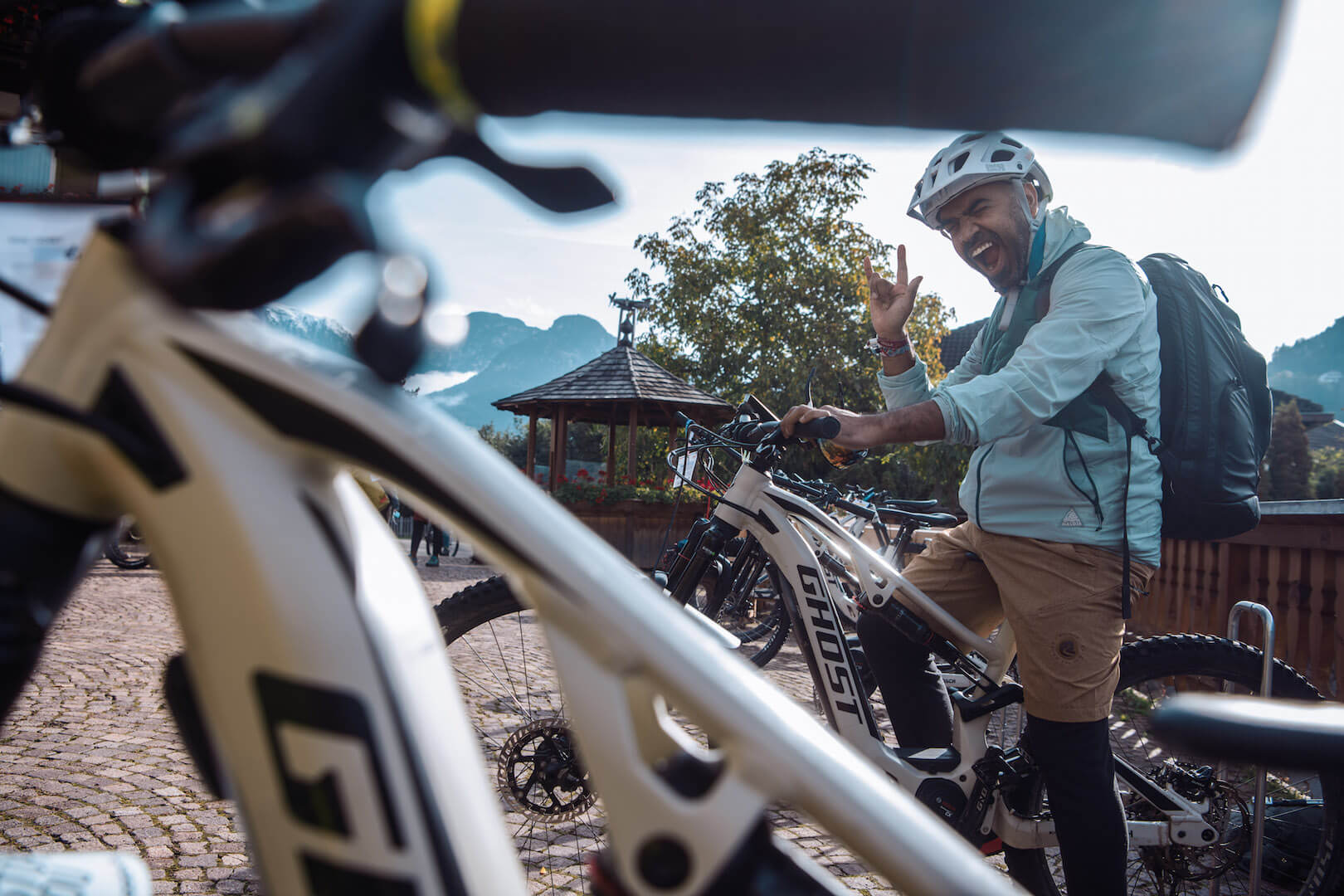
Part 5: Why Biking Is A Really Big Deal (In Every Sense)
I’m definitely a convert to e-biking. As we look to build a carbon free world and with an increased interest in active holidays I definitely see e-mobility vehicles like eBikes, equipped with Bosch eBike Systems Drive Units becoming more popular, more mainstream in the future. With starting price of around €2000, it is undeniable that e-bikes remain a discretionary purchase. It depends on everyone’s priorities and needs – but even for a BudgetTraveller, if could be a worthwhile investment, just like my old trusty Leica lens. We just have to do the math. How much money, how many journeys will a bike save you in its lifetime….while getting you fitter, which helps extend your life?
Let’s do a cost analysis of how much owning a bike saves the average person in transport fees every year. In the UK for example, I found this study that estimated an average saving of £3000 a year. If we assume the lifespan of an average bike to be 5 years, that’s a saving of £15000 on public & private transport which is massive.
Conclusion
I might need to save up a bit more and also take a break from my nomadic life, but if I did settle down, I definitely would consider buying an eBike. I think the key takeaway from my experience of the camp was that even as a BudgetTraveller, I can be sustainable. You probably are on that path, too. I was already consciously taking small steps in my travels and everyday life. (This post on how to travel sustainably by my friends, Dan and Audrey from Uncornered Market, was a great reference point for me personally)
Once we move away from the label, the realisation of the need to move away from this constant pressure of trying to tick a list of do’s and don’ts, the journey into sustainability can be an adventure in itself. If we are going to create real change, we need to get away from the culture of guilt shaming people into making a change of a lifestyle. We need to empower people, remind them they have the ability to make a big impact through the smallest of changes.
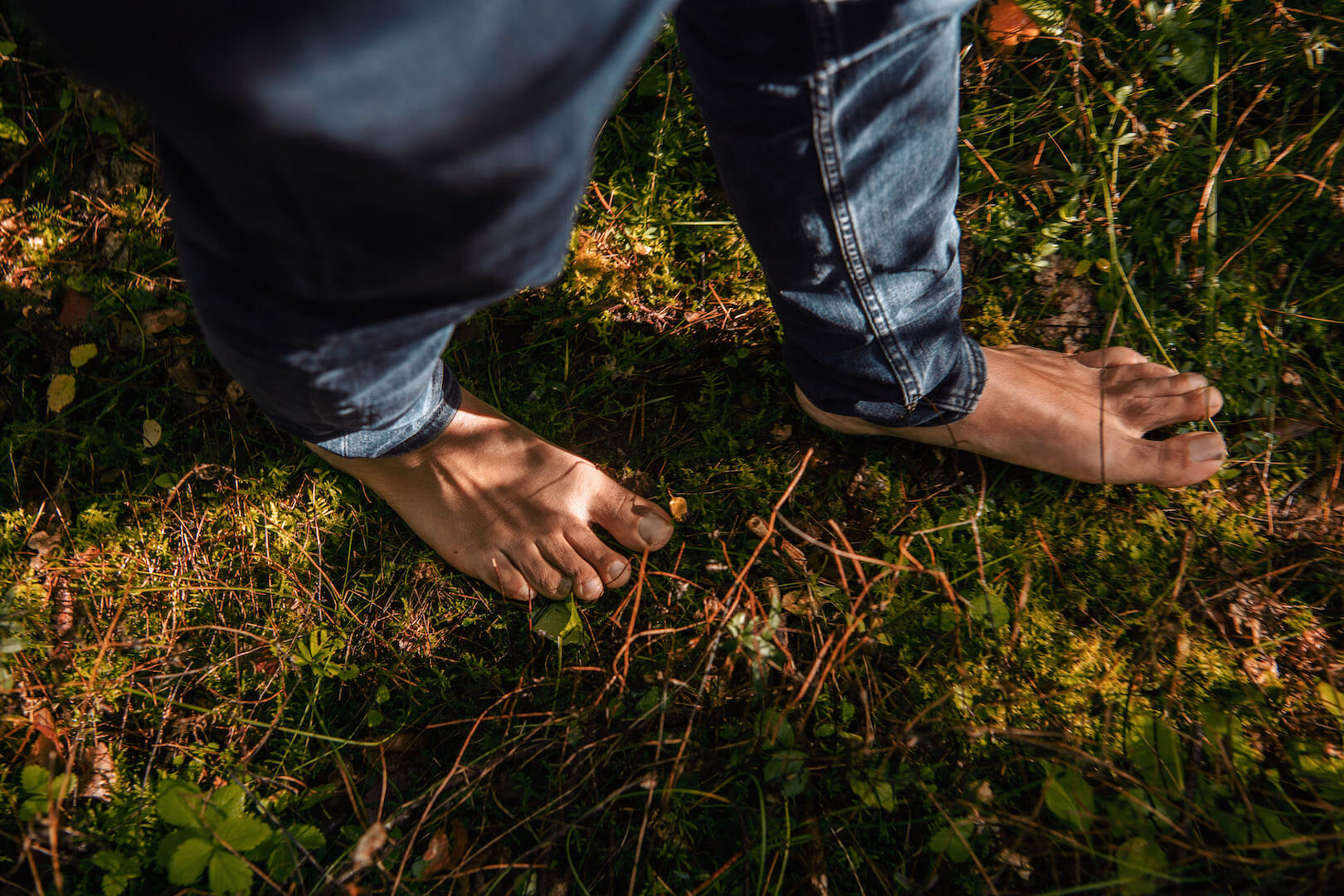
As Kurt mentioned, just as with any journey in life, it is always about first of all recognising as an individual you have the power to change things for the better – once you’ve realised that you have the ability to make a difference, you can start to make those small changes gradually. It is also recognising that the journey will not be perfect. We will make mistakes. We will have to face our demons. But as long as we are conscious of our ability to change our ways and have an impact, we slowly will start making more better, positive decisions. Even if we cannot touch the infinite blue sky, just like the ants, we can always reach for it. Once we frame sustainability as a journey rather than just a goal in itself, just like trying to ride an eBike or learning how to become vegetarian, life can get a whole lot more exciting and the possibilities, infinite.
Disclaimer: I was invited by Bosch eBike Systems and Hotel Steinneggerhof to be part of their sustainability workshop and also experience how ebiking will contribute to the future of sustainable travel. For more details about the Bosch Sustainabiilty Workshop , checkout the website.
Please note that all the views expressed here are entirely my own. Huge thanks to Steffi and the team Bosch eBike systems for the opportunity to be part of this project and also thanks to Marta, Norman and the team at Desire Lines Agentur for this fab content collaboration.
